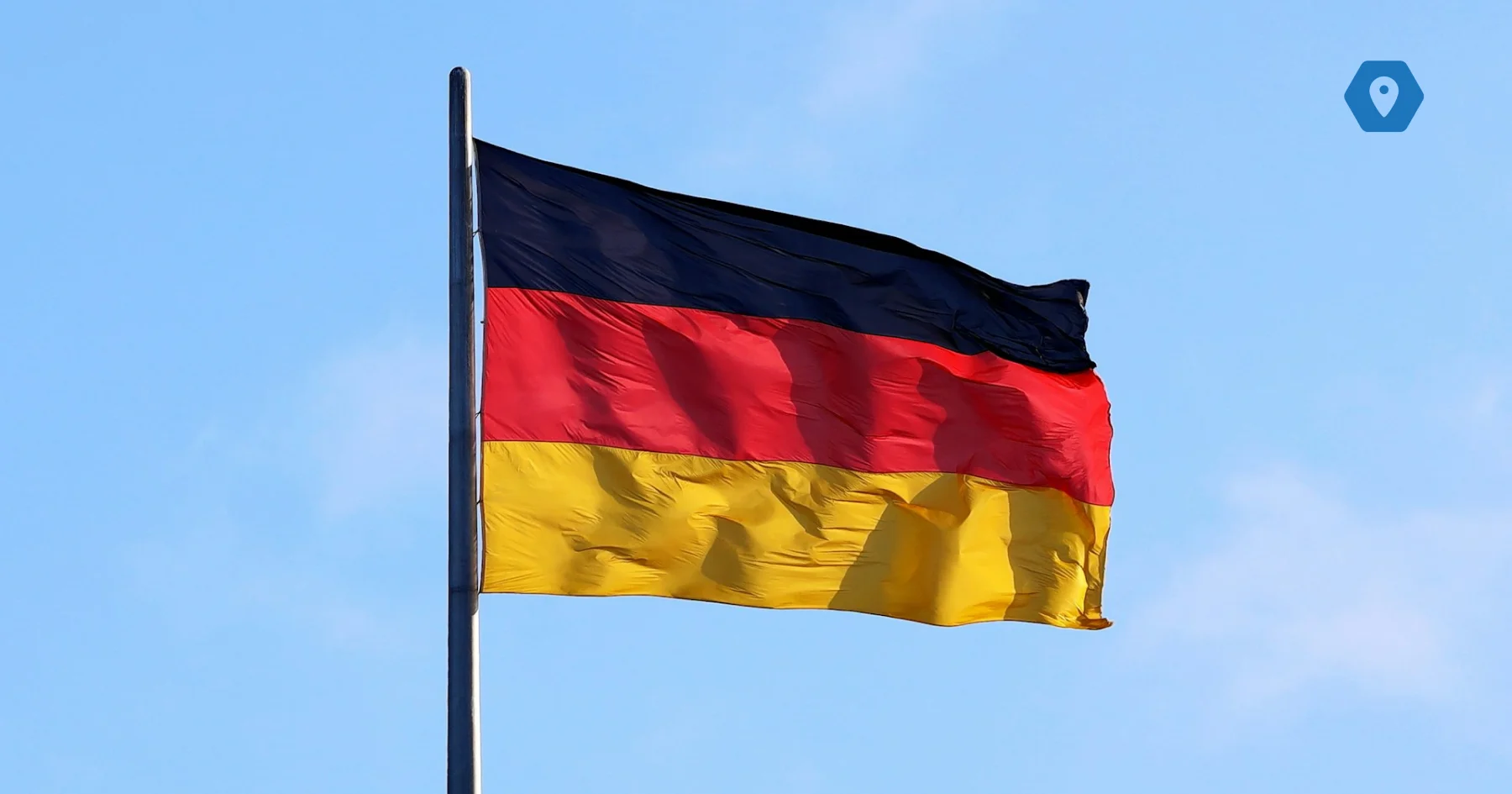- Standard Processing Times: Most Germany work visas, including Employment, EU Blue Card, and IT Specialist visas, process in 6–12 weeks.
- Quicker Options: Job Seeker Visas take about 4–6 weeks, while short-term business or tourist visas complete in 10–15 days (less relevant for employment).
- 2025 Trends:
- Expect a 10% increase in work visas issued, with expanded quotas, notably for IT and engineering roles targeting Indian professionals.
- Digital transformation allows some applications (from India, for example) to process in as little as 15 days, with AI integration planned to further accelerate decisions.
- Seasonal Delays: Longer waiting times can occur during peak seasons (March–June, September–December) or if documentation is incomplete—so prepare early.
As companies across Europe increasingly compete to attract global talent, Germany stands out with its evolving immigration policies and streamlined visa processes. For employers and HR professionals in mid-sized organizations looking to recruit international skilled workers, understanding Germany's work visa processing times and trends is essential for effective workforce planning.
Current Germany Work Visa Processing Times
Germany's work visa processing times generally range between 6 to 12 weeks depending on the visa category and applicant specifics. Common categories of work-related visas include:
- Employment Visa (Job Offer Required): 6–12 weeks
- EU Blue Card (Highly Qualified Professionals): 6–12 weeks
- IT Specialist Visa: 6–12 weeks
- Freelance and Self-Employment Visas: 6–12 weeks
Certain visas, such as Job Seeker Visas, have slightly shorter processing times around 4–6 weeks. Tourist, business meeting, or trade fair visas are usually completed within 10-15 days, but these are less relevant for long-term employment.
Trends and Changes in 2025
Germany is actively reforming its visa system to facilitate international hiring in response to talent shortages. Key trends impacting processing times are:
- An expected 10% increase in work visas issued in 2025, with the target of over 200,000 work visas being granted this year.
- Expanded visa quotas for key sectors such as IT and engineering, notably for Indian professionals.
- Digitalization of visa applications has significantly reduced wait times, especially for applications from countries like India, where processing can now be as short as 15 days for certain cases.
- Planned integration of AI in visa processing aims to further speed up decision-making while improving accuracy and security.
- Delays can still occur due to missing documentation or peak application seasons (March–June and September–December), so early application is advised.
What Employers Should Know
For human resources and global mobility managers, realistic timelines are critical. Visa processing time should be accounted for in hiring plans and include potential delays:
- Plan for a 6–12 week timeframe for most work visas and EU Blue Cards.
- Work closely with candidates to ensure all documentation is complete to avoid setbacks.
- Utilize digital application channels and compliance management tools to track and manage visa workflows efficiently.
- Stay updated on reforms and quotas that impact visa availability for target talent pools.
Conclusion
Germany’s work visa processing landscape is becoming more efficient and employer-friendly due to technology upgrades, legislative reforms, and increased visa quotas for in-demand sectors. HR professionals in mid-sized companies can leverage these trends by preparing for standard 6–12 week processing times while anticipating occasional fluctuations. Early application, compliance preparation, and leveraging digital tools will ensure smoother international talent mobility and quicker onboarding.
Disclaimer:
Immigration laws and policies change frequently and may vary by country or nationality. While we strive to provide accurate and up-to-date information, we recommend doing your own due diligence or consulting official sources. You're also welcome to contact us directly for the latest guidance. Jobbatical is not responsible for decisions made based on the information provided.


.svg)










.svg)
